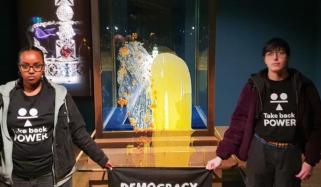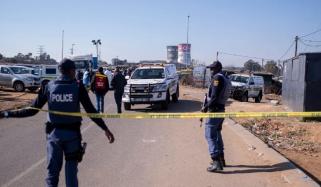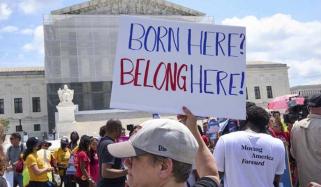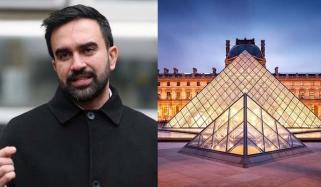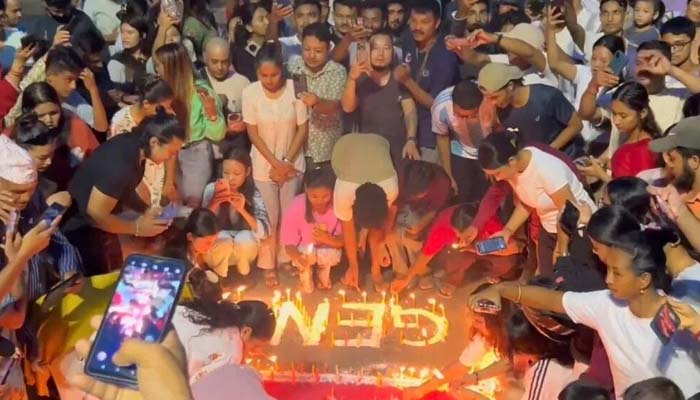
Gen Z protests are sweeping across the globe more particularly in Asia, driven by a desire for change and fueled by social media.
In the past three years, South Asia has witnessed a series of explosive youth-led protests that have toppled entrenched leaders and exposed deep systemic failures.
Starting with Sri Lanka’s 2022 economic meltdown, followed by Bangladesh’s 2024 quota reform movement
Now Nepal’s 2025 Gen Z uprising, these movements share striking parallels, frustration with corruption, economic inequality, and elite privilege, amplified by digital mobilization.
Each began with a specific trigger but quickly escalated into demands for regime change, resulting in the ouster of presidents and prime ministers.
Yet, while these uprisings highlight the power of collective action, they also underscore the necessity of addressing root causes to prevent recurring instability in the region.
Sri Lanka:
The Economic Spark of 2022 Sri Lanka’s crisis erupted in March 2022 amid the worst economic downturn since independence in 1948.
Foreign reserves plummeted to $1.9 billion, insufficient to cover $4 billion in debt repayments, leading to a historic default in April. Inflation soared to 70%, fuel and food shortages triggered power blackouts, and the COVID-19 pandemic exacerbated import reliance.
The government’s ill-fated organic farming push, banning chemical fertilizers, slashed crop yields by 50%, worsening food scarcity.
Demands targeted the Rajapaksa family’s nepotism: brothers Gotabaya (president) and Mahinda (prime minister) were accused of corruption in deals like the 2017 Nepal Airlines scandal and amassing wealth amid poverty. Youth, facing 5.7% unemployment rising to 8.3% under austerity, led the charge.
Violence peaked on July 9, with clashes killing several. Gotabaya fled to the Maldives on July 13, resigning days later, Mahinda had quit in May.
Bangladesh:
Quotas to Ouster in 2024 Bangladesh’s unrest ignited in June 2024 when the High Court reinstated a 30% civil service quota for 1971 Liberation War descendants, reversing a 2018 abolition.
With 18 million youth unemployed and jobs seen as rigged for Awami League loyalists, students viewed it as nepotism favoring elites. The Supreme Court later capped it at 5%, but protests had escalated.
Organized by Students Against Discrimination, the movement, dubbed the July Revolution, drew women, workers, and diverse groups, demanding Prime Minister Sheikh Hasina’s resignation after 15 years of authoritarian rule.
Nepal:
Social Media Ban Ignites 2025 Unrest In September 2025, Nepal’s protests erupted after the government banned 26 platforms, Facebook, Instagram, X, YouTube, etc. on September 4 for non-registration under new rules, seen as censorship to curb a “Nepo Kids” TikTok trend exposing politicians’ lavish lifestyles amid $1,400 per capita income.
With 90% internet penetration and 14.3 million users, the ban disrupted education and business for Gen Z (median age 25).
Organized by NGOs like Hami Nepal, thousands rallied on September 8 against corruption, 22% youth unemployment, and 13 governments’ failures since 2008.
Clashes killed 19 (rising to 22), injuring hundreds; police used live ammo, tear gas, and rubber bullets. Protesters stormed Parliament, torching it, the Supreme Court, and leaders’ homes, defying curfews. Prime Minister K.P. Sharma Oli resigned on September 9, citing a “political solution” four ministers followed.

